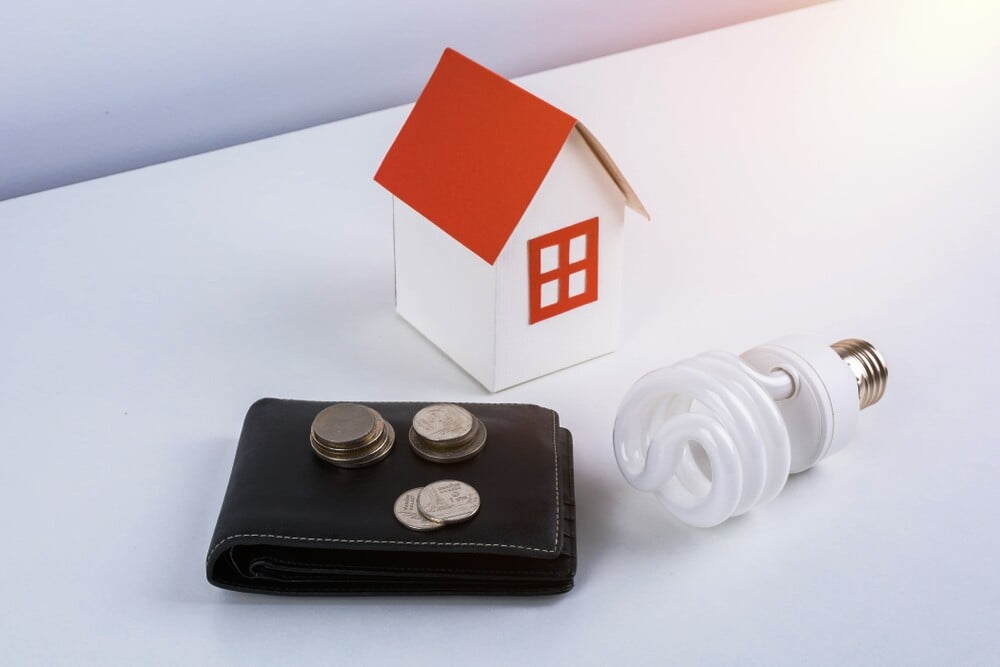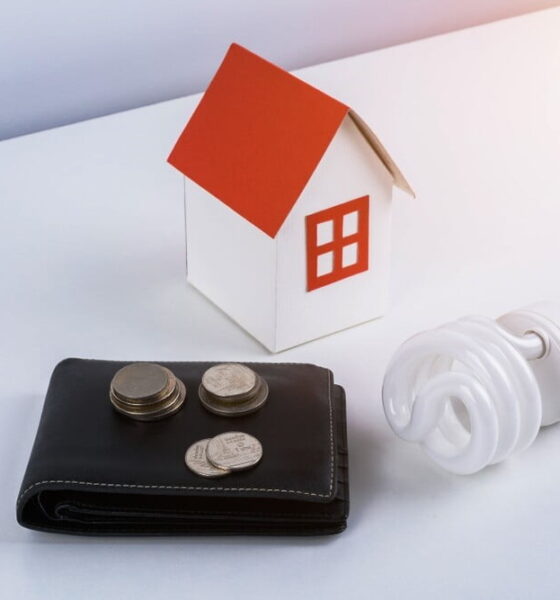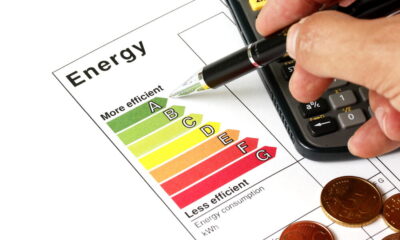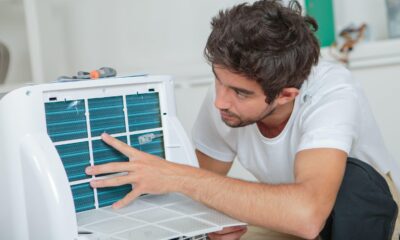If you want to reduce your energy use and environmental impact, making adjustments to your home appliances and how you use them is a great place to start.
Barring going 100 percent renewable or living entirely off the grid, all appliances you use will require some energy and have some environmental impact. However, you can reduce these things by consciously choosing your devices and how you run them.
These seven tips will help you reduce your home appliances overall environmental impact.
1. Choose Energy-Efficient Appliances
The model of appliance you use will have a significant impact on how efficient it is. Older equipment is generally less energy-efficient and may even contain substances that are now banned for environmental reasons.
That’s one reason that, if you can afford to, getting a new appliance can help you reduce your energy use. When choosing a new model, look for ratings from organizations such as ENERGY STAR and select the model with the best score you can.
2. Turn Them Off When Not in Use
Another smart step to take is turning off your appliances when you’re not using them, unless it’s something that stays on all the time like a refrigerator. This tip seems like common sense but is often forgotten.
If you have your HDTV on for four hours a day, you’ll probably spend about $41 in electricity to run it each year. Some people, though, habitually leave their TV on nearly all the time. This pattern could result in significantly higher energy usage. Even standby mode or similar settings use a small amount of power.
Unplug appliances or electronic items when you’re not using them. This could apply to microwaves, laptops and much more.
3. Wait Until the Last Minute
You don’t need to make things totally inconvenient for yourself but waiting until you really need to use an appliance can help you reduce your environmental impact. For example, running the dishwasher or washing machine only with full loads will reduce the amount of energy and water those appliances use. Consider combining multiple people’s clothing in the wash to make your usage more efficient.
4. Make Slight Adjustments
You can still use your home appliances while reducing your impact by making slight changes to how you operate them. For instance, you can measurably reduce your heating bill for every degree you turn down the thermostat. You can still be comfortable but also save energy. Similarly, running a ceiling fan can reduce temperatures by several degrees while using only as much power as a lightbulb.
Making slight changes to your lighting systems can have a great impact on your home’s energy efficiency as well. Switching to LED light bulbs is by now a tried and true method for cutting back on power usage, but it’s an effective one – these can last for 50,000 hours and use a fraction of the energy as incandescent bulbs. You can also implement systems like dusk-to-dawn light sensors or simply rearrange your furniture to allow natural light to flow through your living space.
5. Use Cold Water
For appliances that use water, cold is always the more energy-efficient option. When you opt for cold water, you eliminate the need to use energy to heat it, which can result in substantial energy savings.
Using cold water for your laundry is an easy way to utilize this tip. Your laundry detergent will clean your items just as well. You can also switch to cold showers or at least cooler ones.
6. Keep up With Repairs
Making sure your equipment is properly maintained is another way to use it wisely. Follow the maintenance schedule suggested by the manufacturer and fix any problems as soon as you can. Often, ignoring what should be a quick fix leads to wastefulness that you may not even be aware of.
For heating and cooling equipment, it’s a smart idea to have a professional tune them up before the weather gets cold or hot enough for you to use them. You can check your refrigerator for leaks by feeling around the edge of the door for cold air. If you feel cool air coming out, the seal might be loose or damaged.
7. Make Home Appliances Smarter
Today, modern technology gives us more options than we ever had before for managing our energy use. Internet-connected devices allow you to turn on and off devices even when you’re away from home. That way, you can turn something off if you forgot to, and you don’t have to leave the A/C running all day if you want your house to be cool when you get home from work. Smart devices can even learn your habits and adjust automatically to optimize efficiency.
You can also purchase an energy monitor, which measures the energy usage of your home or individual appliances. Using these devices will give your details on your usage you wouldn’t get otherwise, helping you unlock new ways to save energy and reduce your carbon footprint.
Want to use your home appliances in a more efficient, environmentally friendly way? Start with these tips, and you’ll be on your way to a greener lifestyle in no time.
































